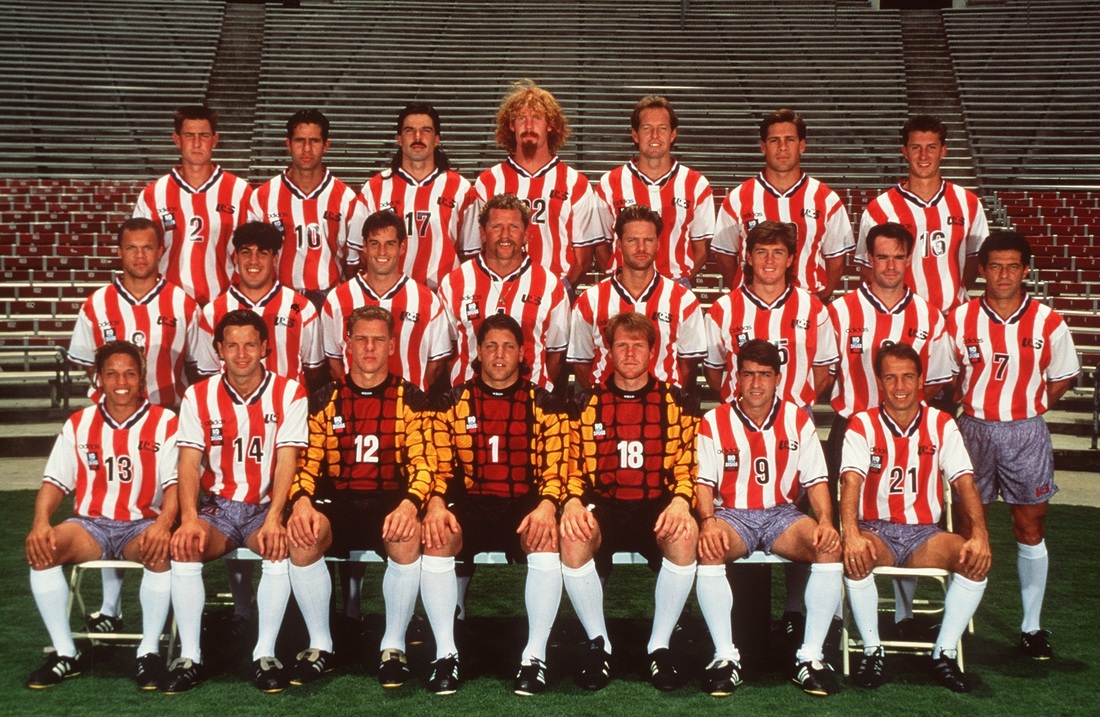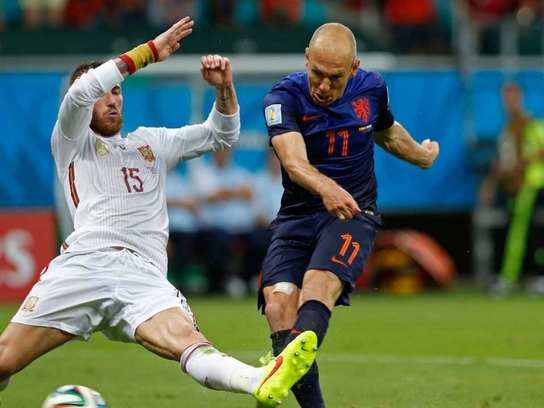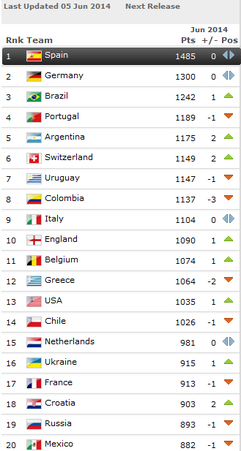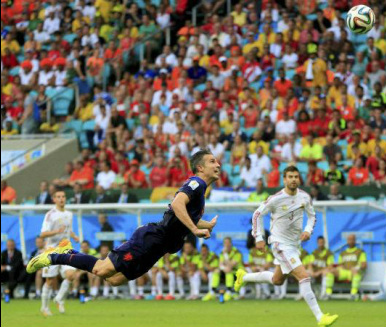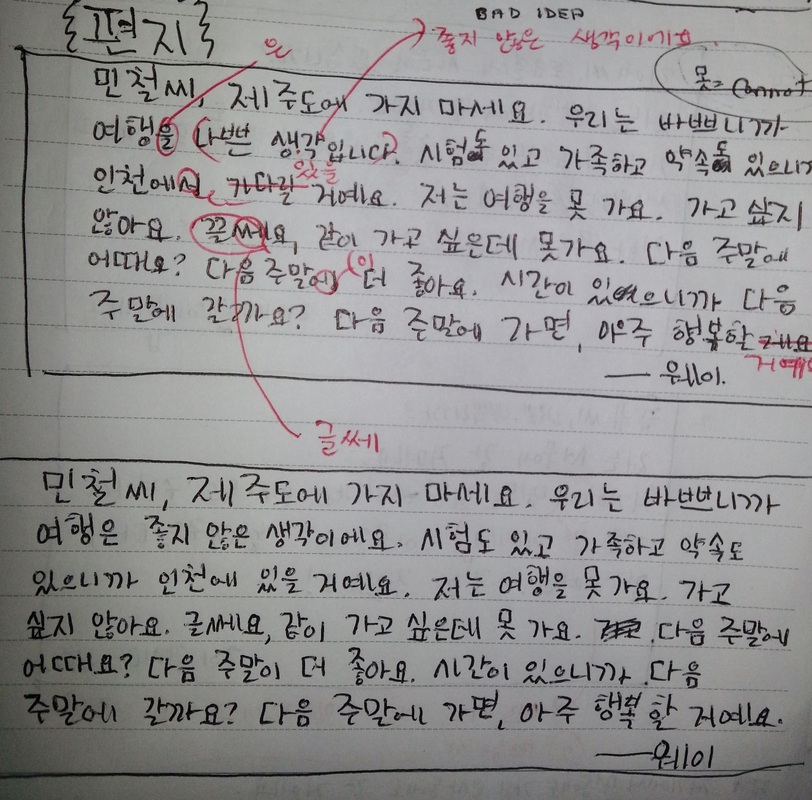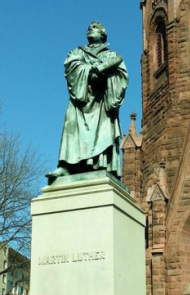 Luther Statue
Luther Statue
Washington, D.C.
[From post-211]
Now, I don’t think I’d believe this story if I heard it from someone else, but I trust my own ears well enough. I was there. It was late 2011.
This was it, more or less:
Picture a long table, at the back of a reasonably-priced meat restaurant, in a nice and cozy corner of the Seoul Megalopolis. Beef and pork are on grills built into the tables, cooking, in the Korean style. The grill emanates comfortable heat. Eight or so White Westerners are sitting at this table, eating and talking. Most are coworkers, teachers at the same English language institute (
hagwon). Among them is me.
Next to me sits C.H. from California (who is now in China). Others present included J.H., B.L., M.G., E.R., and finally A.S. All these people were born in the mid-1980s (except for C.H. who is a bit older), so are in their mid-20s at the time (2011), Everyone around the table holds a university degree.
A.S., from England, with his close-cropped red hair, is the focal point of my memory here. He was a big fan of one of the soccer teams in England.
It so happens that C.H. is a graduate of a Lutheran college in the USA. At our dinner, as the meat sizzles and all the “accoutrements” are nearby at the ready — lettuce, garlic, peppers (of which we stayed well clear), sauces, kimchi, and who knows what else — I begin to ask C.H. about his thoughts on the Lutheran church(es) in America and so on. He knows much more than I do about it. He was even in a Lutheran seminary for a short time.
Our English friend, A.S., listens in. He chimes in:
He: [quizzically] “What are you two talking about?”
Us: “The Lutheran Church.”
He: “What’s that?”
Us: “Lutheranism.”
He: “….“
Us: “You don’t know what Lutheranism is?”
He: [puzzled] “Umm, no.“
Us: “It’s a kind of Christianity. It goes back to Martin Luther and the Reformation. Lutherans follow the teachings of Luther. [Matter of factly] You know, Martin Luther.” [The last sentence was not a question; it ended with a falling intonation].
He: “Oh, of course I know Martin Luther King. So it’s a church that follows Martin Luther King, is it?”
Us: “No, not Martin Luther King. Martin Luther. The one who lived in Germany five hundred years ago, who started the Reformation. That one.”
He: [blankly; gently shaking head] “I’ve never heard of him.”
He’d never heard of him! Imagine. Our English friend, a university-educated European, claimed total ignorance of Luther. I should add that there was nothing ironic or joking about his delivery.
This shocked me. How can a university-educated Western European man have never heard of Luther? Am I wrong to be shocked? Am I wrong to be troubled by this?
You know, previous generations generally didn’t even bother “Martining” him. They spoke of “Luther” in the way we still speak of “Lincoln” or “Darwin”. First name not needed. Just a short few decades later, a native-born Englishman, a product of England’s K-16 system, has never heard of him, one of the most famous Europeans ever to live.
With lots of meat left to be eaten, and not wanting to offend A.S., but genuinely surprised and disheartened a bit, I dropped the subject. I brought it up later with C.H. in private. C.H. attributed A.S.’ ignorance of the Christian Reformer to “secularism” in the UK. (Note: C.H. had had a small book published, around the mid-2000s, by one of the conservative Lutheran church bodies in the USA, which I sought out, found online, ordered, and read. That thin little book is now in the possession of C.H.’s good friend J.A. [who also went to Korea, is still there, and became my friend too]. I gave it to J.A. when I moved out).
I didn’t find C.H.’s explanation totally satisfying, because Luther is more than a religious figure. Luther is one of the towering figures of European history in general, as I see it. It’s like excusing a Swede who had never heard of Napoleon by arguing that Sweden is a pacifist country so “they wouldn’t have studied about a general”. That doesn’t fly. All Swedes, certainly the educated ones, ought to know about Napoleon. An educated Englishman ought, at minimum, to “have heard of” Luther. If you ask me!
______________________________________________
It so happens that A.S. was highly concerned with seeming “cool”. He was a good athlete, was basically pleasant to talk with, and had a certain charisma at times. He was a big fan of rap music, despite being a freckled, red-haired Englishman (a “ginger”, as he said). It occurs to me that knowledge of rap may correlate with ignorance of things like who Martin Luther was. Those who know all about Luther are generally going to be quite (relatively) ignorant about rap music. There is a correlation there. I have no data, but I’m sure of it.
It was once said to me that A.S. wanted very much to seem “working class” despite being “middle class”. This is a British thing I don’t too much understand. A Scottish teacher in the circle of people of my acquaintance at that time had said this. (The Scotsman’s given name’s first initial is R.; I’ve forgotten his surname — R.’s Korean sojourn ended in unforgettably-surreal circumstances a few months after the late 2011 dinner I tried to sketch out above, but R. is now doing well back in the UK, I’m told.)
I might offer this explanation: If A.S. were twenty years older, I’m almost sure he’d have heard of Luther. At some point in the last few decades, though, part of the “high status” package for Westerners has become “belief in moral superiority of other cultures over our own.” By the 1990s and 2000s, when this A.S. was being educated in England’s K-to-16 pipeline, his teachers and so on must’ve, by consensus, steered the kids’ education away from “Dead White Males” like Luther and more towards the Shaka Zulus and Mansa Musas and so on.
In
post-211 I discussed the Luther statue in downtown Washington, D.C. Now I wonder, truly: How many of the seven million residents of the Washington, D.C. metro area today “have ever heard of” Martin Luther”?
I choose to live imagining that the typical educated, native-born Westerner is aware of Luther.


